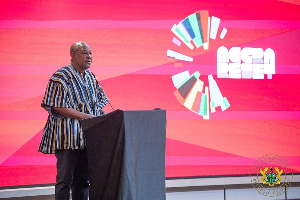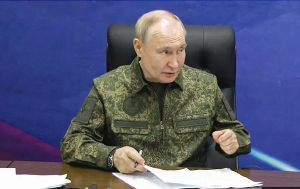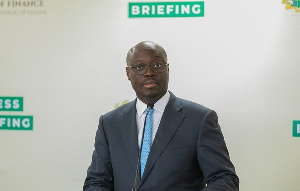Plans are under way for the establishment of a second industrial cassava factory in the country under the Presidential Special Initiative (PSI) on cassava in the Ahanta West District of the Western Region.
Mr Kwesi Biney, District Chief Executive (DCE) who announced this at a field day for cassava farmers and technical staff of the Ministry of Agriculture on Friday said the project would begin next year.
Ahanta West was selected among four other districts for the project due to its proximity to the Takoradi Port and has the potential to produce enough cassava to feed the factory.
The DCE said farmers in the district are being introduced to the cultivation of 'Afisiafi', 'Abasafitaa' and 'Pech Bankey', the three varieties of cassavas suitable for the production of starch.
Mr Biney said 400 million cedis had been granted as loans to farmers, traders and small-scale industrialists to enable them to expand their business and reduce poverty in the district.
He advised farmers to cooperate with agricultural technical officers and adopt modern methods of farming to increase production.
The Ahanta West District presented oil palm and cassava cultivation and salt production to the government under a programme for the district to adopt three areas for possible assistance to generate employment.
Mr Biney advised farmers to form co-operatives to qualify them for assistance under the poverty reduction programmes.
Mr Kofi Nimo Boateng of the Roots and Tuber Improvement project of the Ministry of Agriculture said the government had adopted measures that would give attention to the development of tuber crops to boost production.
Mr Samuel Quaison-Sackey District Director of Agriculture said the project is being extended to other districts in the region and advised farmers to contact his office for technical and material assistance,
More then 50 farmers and agricultural officers who attended the function were taken through multiplication of planting material, farm maintenance and application of inputs including fertiliser. They also visited some farms cropped with varieties of cassava for the project.
Regional News of Saturday, 28 June 2003
Source: gna












